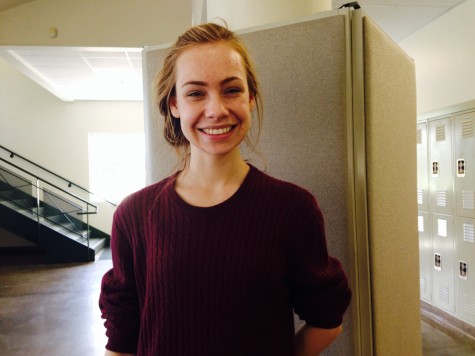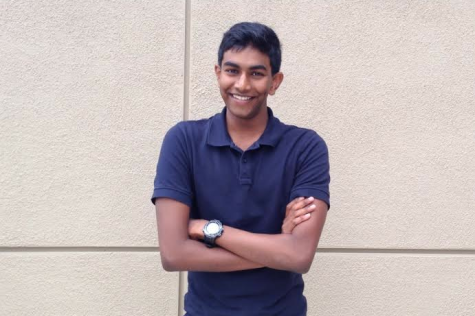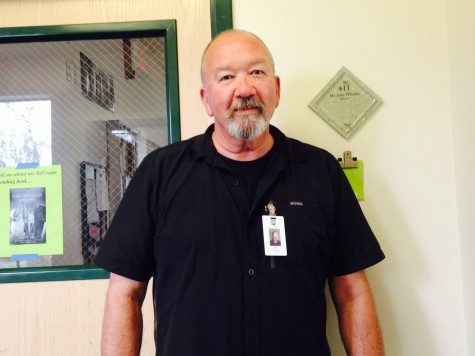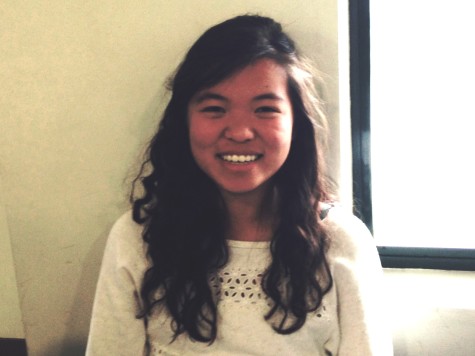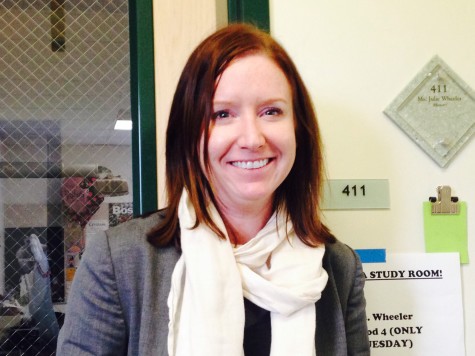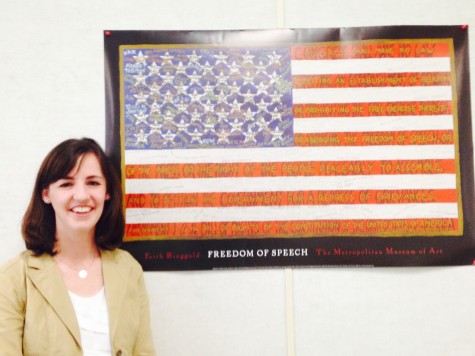Immersed in the worlds of constitutional rights and landmark supreme court decisions that have shaped the path of American democracy, Juniors taking US History courses this year saw the pages of their textbooks come to life in today’s assembly, which featured two of the most prominent cases of the twentieth century–Tinker and Korematsu.
“
The chance that we got to have her here is insane. I was very inspired.
— Nephele Troullinos (11)
“
W.E.B. Du Bois said, ‘The criticism of honest opponents is a dangerous thing.’ […] I believe that we need to hear a variety of voices to not quell dissenting opinions.
— Tia Barth
“
I definitely think the assembly would be helpful for [juniors taking APUSH] who have that particular court case as their stubject, especially the story Korematsu told about her father.
— Mabel Luo (12)
“
It was a very accessible talk about major issues we don’t get a lot of exposure to.
— Neil Movva (11)
“
Now, when we look at these cases, the students will have a frame of reference actually having seen the persons involved and hearing their stories. That doesn’t come out of the pages of a textbook.
— Ray Fowler
“
Today’s assembly, in terms of AP US History, is very timely because we just introduced our research project. Today made it very real, as Tinker and Korematsu are both options.
— Julie Wheeler
“
The supreme court is a fallible institution, and they make decisions, like Korematsu, that are a gross injustice. As [APUSH students] look at these decisions, [they] want to look at them with a critical eye, understand the context, and form their own opinions.
— Katy Rees
